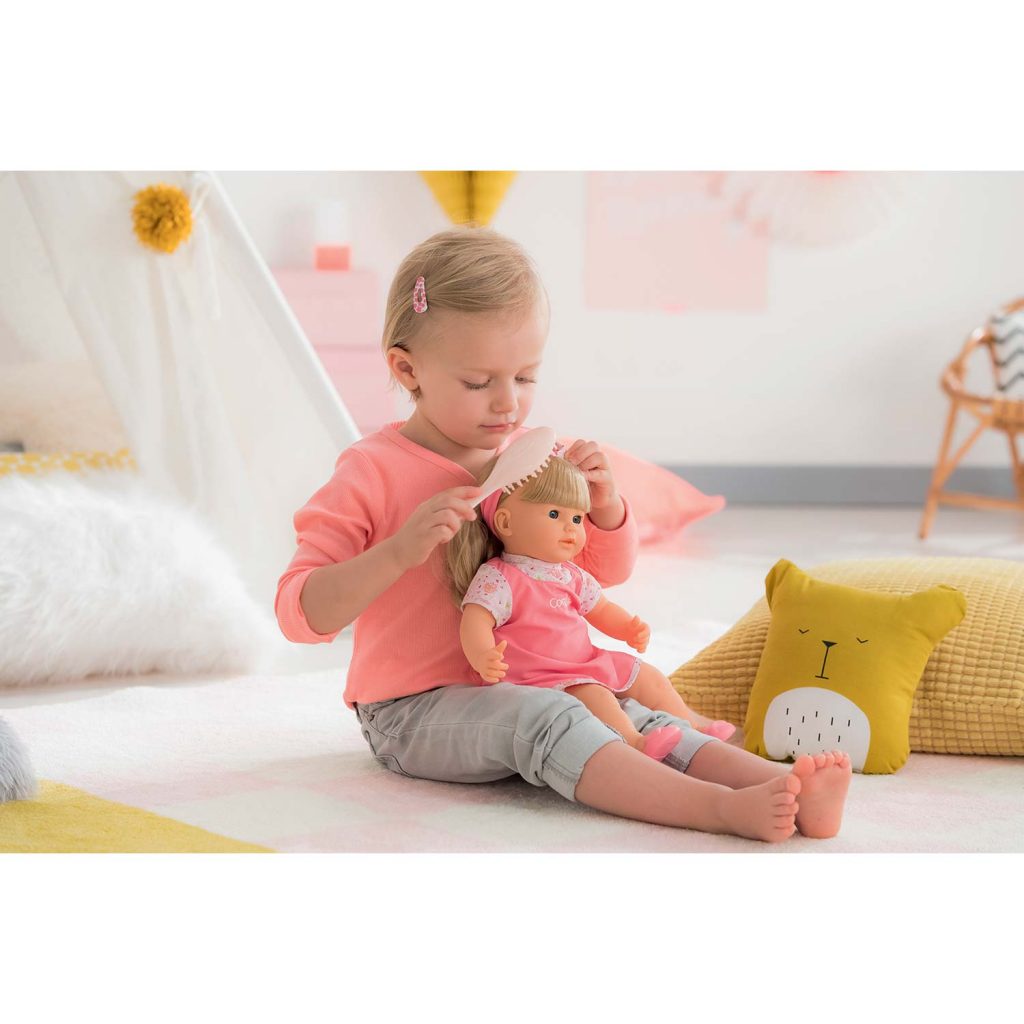Pretend play is an important part of being a child. All kids are naturally drawn to it. They let their imaginations run free and see where it takes them. But pretend play isn’t just fun. It’s also an important part of their development. By encouraging kids to play pretend, you’re actually helping them grow. Here’s why…
Pretend play improves language skills—Playing pretend requires kids to invent and act on scenarios. They tell stories, develop narratives and practice turning their thoughts into works. Kids hear all sorts of new words and phrases all day long, but do not get the opportunity to practice them, so they make up those opportunities during play time. This practice helps them pair the visualization in their mind with the actual word so they can speak faster and more clearly. As their language skills improve, they can create more dynamic and complex pretend scenarios, reinforcing the learning loop.
Pretend play develops self-control—Children are naturally born without self-control. They act on whatever they want. Pretend play gives your child opportunities to settle into a specific role (like a police offer, doctor or cowboy) and act on those behaviors. A cowboy wouldn’t write a speeding ticket and a police officer wouldn’t prep for surgery. Kids need this practice so they can learn to separate their impulses and behave in the correct manner for a particular situation. This prepares them for later in life when they have to drop in and out of different situations seamlessly (work, at home, out with friends, etc.).
Pretend play teaches problem-solving skills—While playing pretend, children approach situations they would never come across in real life. They’ll never have to scale a castle, slay a dragon and save a princess. But that simple game could teach them how to attack a problem. It’s not what they learn, it’s how they learn. They’ll learn to approach problems with a solution-seeking mindset and come up with creative solutions. It’s no secret that children learn better when they’re having fun. By tacking pretend play on to learning, parents and teachers can enhance a child’s educational experience.






